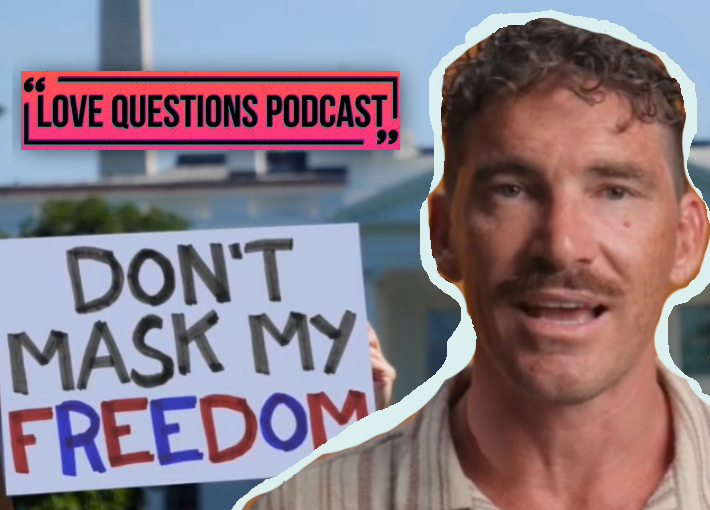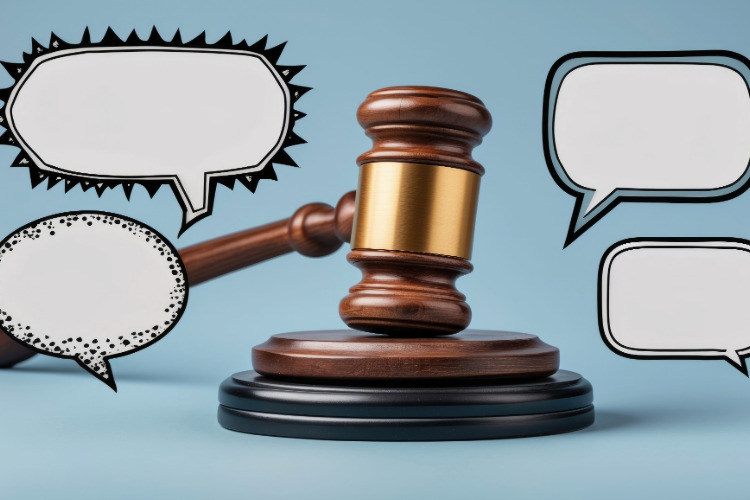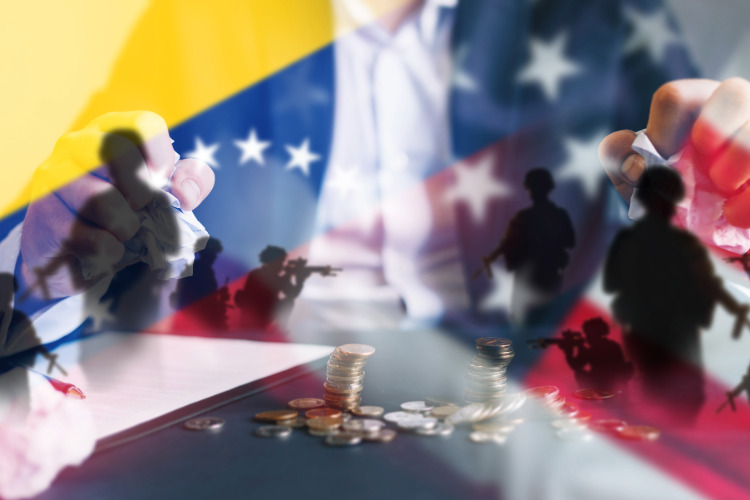
Pell Memoir: My Time in Prison
Cardinal Pell was released on 7 April, during Holy Week, after 405 days of wrongful imprisonment. However, he is still not out of the woods. The 79-year-old Prefect Emeritus of the Vatican Secretariat for the Economy must contend with hefty legal bills. To assist him with meeting these steep expenses, San Francisco-based publisher Ignatius Press is producing several instalments of his prison journal, with the first volume slated for publication next year.
Editor Father Joseph Fessio SJ remarked:
“I’ve already read the first half of the journal and it is extraordinary. I think it’s going to be a spiritual classic.”
Pell reflects on his fourteen months in solitary confinement:
“There is a lot of goodness in prisons. At times, I am sure, prisons may be hell on earth. I was fortunate to be kept safe and treated well. I was impressed by the professionalism of the warders, the faith of the prisoners, and the existence of a moral sense even in the darkest places.”
He continues:
“One evening, I overheard a fierce argument over my guilt. A defender announced he was prepared to back the man who had been publicly supported by two prime ministers. Opinion as to my innocence or guilt was divided among the prisoners, as in most sectors of Australian society, although the media with some splendid exceptions was bitterly hostile.
“One correspondent who had spent decades in prison wrote that I was the first convicted priest he had heard of who had any support among the prisoners. And I received only kindness and friendship from my three fellow prisoners in Unit 3 at Barwon. Most of the warders in both prisons recognized I was innocent.”
The High Court of Australia unanimously held that there was
“a significant possibility that an innocent person has been convicted because the evidence did not establish guilt to the requisite standard of proof.”
Yet, many continue to bay for the Cardinal’s blood, with the Royal Commission into Institutional Responses to Child Sexual Abuse releasing a report on 8 May, claiming he had explicit knowledge of abuse by Ballarat priest Gerald Ridsdale, despite evidence and a timeline to the contrary, just as with his overturned convictions.
Indeed, historian Patrick Morgan observed that Cardinal Pell has been the target of character assassination for over twenty years, in accordance with Saul Alinsky’s Rules for Radicals:
“Personalise your target. If you wish to delegitimise an important institution and beyond it the moderate strata of society, pick out and subject to endless personal attack a key leader of the group you wish to destroy.
“If you destroy him, you have a bigger victory in destroying not just him but your target organisation.”
As Geoffrey Luck wrote in The Quadrant:
“In the Pell case, a relentless barrage of suggestion — nay, insistence — on guilt kept up by media groups, notably the ABC, made it impossible for a fair trial to follow.”
Cardinal Pell relates:
“Another (prisoner) told me that it was the consensus among the career criminals that I was innocent and had been ‘stitched up’ — adding that it was odd that criminals could recognize the truth, but not judges…
“After I lost my appeal to the Victorian Supreme Court, I considered not appealing to the Australian High Court, reasoning that if the judges were simply going to close ranks, I need not cooperate in an expensive charade. The boss of the prison in Melbourne, a bigger man than I and a straight shooter, urged me to persevere. I was encouraged and remain grateful to him.”
Imagine the sombre scenario if this upright man had not spoken to the Cardinal — he would still be unjustly behind bars today.
Fr Fessio stated of Pell’s acquittal:
“His victory was not just a victory for one man. It is a victory for the Church. And not just the Church in Australia. It revealed to all the world just how far the Church’s enemies will go and how deceitful they will be to discredit her.”
Cardinal Pell’s diary reveals how faith can sustain a man in the bleakest times, when all is stripped away, including his reputation. It also gives an even-handed and compassionate insight into Australia’s prison system, while giving the reader pause for thought about Australian media, the Victorian police, and the legal system.
___
Originally published in News Weekly.
Recent Articles:
30 January 2026
3.9 MINS
A pending U.S. Supreme Court case over conversion therapy bans and free speech could influence Australian law, as faith-based counsellors argue viewpoint discrimination and client choice in therapy.
30 January 2026
3.5 MINS
Two radical Islamic terrorists showed Australia just how evil antisemitism could be. “Hate speech and gun laws will fix that.” Many disagreed. The government has ways to fix that, too.
30 January 2026
7.6 MINS
A fiery critique of Australia’s political and religious sensitivities, defending Scott Morrison’s call to confront Islamic extremism and accusing leaders of avoiding hard truths in the name of social cohesion.
30 January 2026
6.3 MINS
Militants storm a Nigerian church, abducting dozens and shattering families, as survivors plead for help. With government denial and rising terror, faith and international pressure become desperate lifelines.
30 January 2026
5.6 MINS
The U.S. raid capturing Venezuela’s Maduro on January 3, 2026, revives the Monroe Doctrine, reshaping hemispheric power, disrupting narco-terror networks, and sending shockwaves to China, Russia, Iran, and Cuba.
29 January 2026
2.1 MINS
After Australia Day tensions, returning media figure Nancy Bell delivers a delayed national message blending satire, identity politics commentary, and cultural critique, positioning himself once again as a provocative Australian voice.
29 January 2026
2.4 MINS
A powerful wave of Gospel unity is rising across the South Pacific, as churches join forces for revival, discipleship, and Christ-centred nation building—sparking fresh hope for spiritual awakening across the region.















































